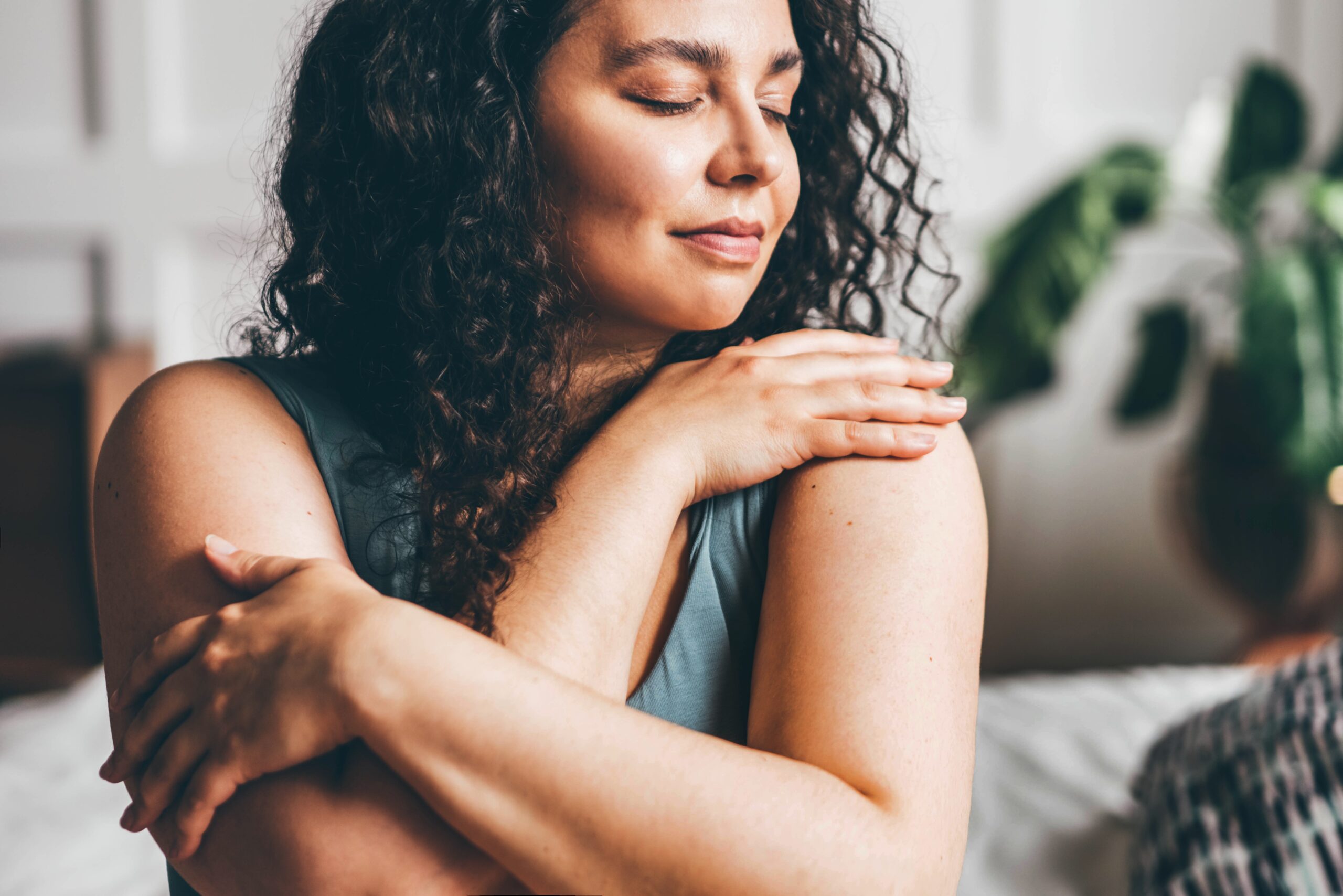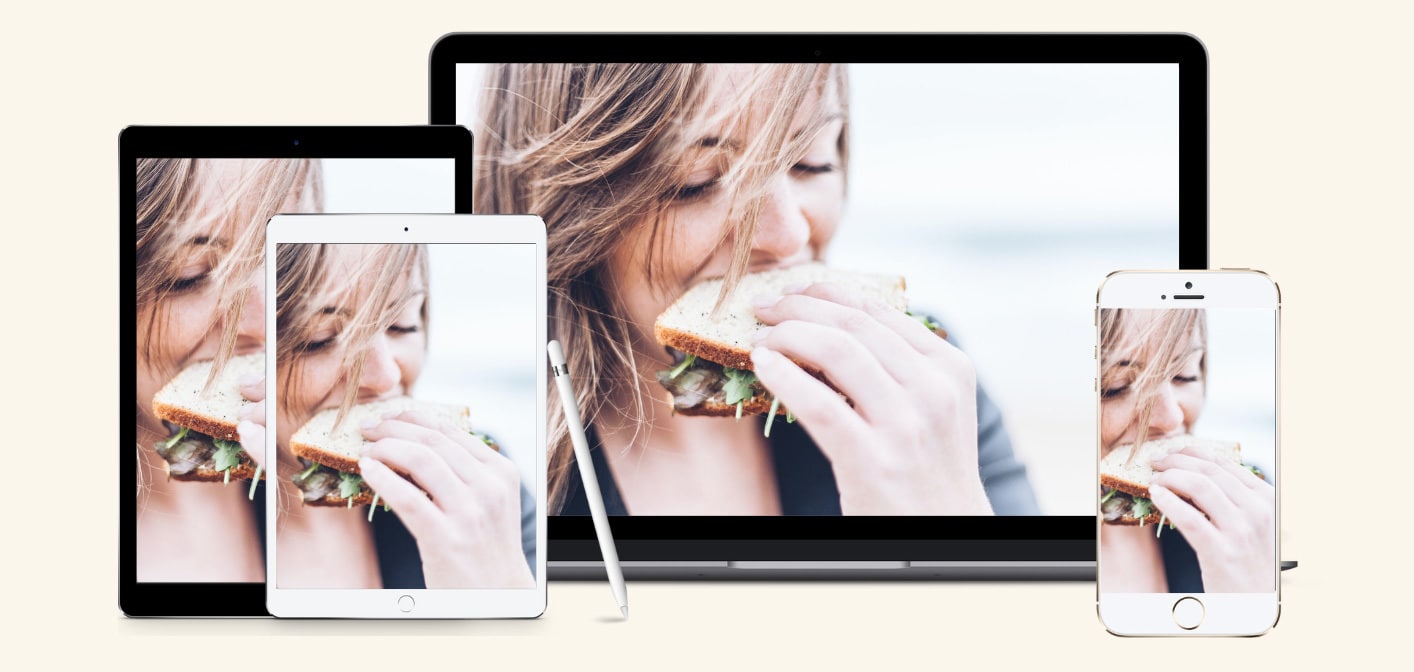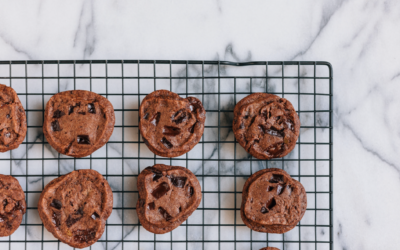Healing your relationship with food and your body doesn’t start with a new diet. It starts with letting go of the old ones.
If you’re tired of feeling at war with your body, you’re not alone.
For so many people, peace with food feels just out of reach, buried beneath years of conflicting advice, food rules, and body shame. You might believe you just need more willpower, the “right” plan, or to “fix” your body before you can finally feel okay.
But real healing doesn’t come from outside standards or quick fixes. It comes from listening within, quieting the pressure from diet culture, and caring for yourself with compassion.
At Nude Nutrition, we see every day how clients can reclaim trust, hope, and freedom when they step away from restriction and toward a new way of relating to food and body image. In this post, we’ll explore a registered dietitian’s approach to body image healing, the role of intuitive eating, and how you can begin your own journey of respect and self-kindness, that’s also backed by science.
Letting Go of Diet Culture and Finding a New Start
Diet culture sells the idea that happiness and health come in one body shape, one way of eating, or a rigid set of rules. You might feel trapped in cycles of restriction, guilt, and shame, afraid to “mess up” or “ruin progress.”
These patterns disconnect you from your body’s natural cues and erode confidence, keeping body dissatisfaction alive.
But what if healing wasn’t about control? What if it was about curiosity, respect, and the belief that your body deserves care, not punishment?
At Nude Nutrition, this is the path we guide clients through. A path where there are no “good” or “bad” foods. Rather, nourishment, pleasure, and trust.
What Helps Improve Body Image?
Body image isn’t just about how you look. It’s about how you think and feel about your body. Healing requires both self-compassion and practical strategies. Here are a few evidence-based approaches we often use:
Intuitive Eating
This is a framework that we can draw upon to help you connect with your hunger, fullness, and satisfaction cues rather than external food rules. This helps separate your worth from your weight, quiets food guilt, and brings pleasure back to eating.
Motivational Interviewing
Rather than telling you what to do, this collaborative style helps you explore your own reasons for change, building confidence and reducing resistance.
Acceptance and Commitment Therapy (ACT)
ACT teaches you how to sit with uncomfortable body-related thoughts without letting them control your behaviour, so you can live more intentionally.
Self-Compassion Coaching
Many people have an inner critic that’s louder than any diet plan. We help you develop kinder self-talk and emotional resilience, especially in tough moments.
As registered dietitians, we weave these approaches together to personalise support based on your story, health history, and goals. For some, working with a therapist who specialises in body image can offer deeper support, especially if past trauma is involved.
How Intuitive Eating Supports Body Image Healing
When you’re constantly focused on what others say about your body or food, it’s easy to feel ungrounded and anxious.
Intuitive eating helps shift your attention inward, rebuilding trust in your body’s signals and needs.
Here’s how it helps:
- No food is off-limits, which means there’s nothing to rebel against. The urge to binge often fades.
- You begin to notice what feels good in your body, separate from rules about what’s “allowed.”
- Your appreciation for your body shifts from how it looks to how it functions and supports your life.
This isn’t a quick fix. Healing takes time. But with the right support, intuitive eating can bridge the gap between food freedom and body respect.
What Does Healing Feel Like?
Healing isn’t always linear. But here are a few signs you’re on your way:
- You stop labelling foods as “good” or “bad.” Food becomes just… food.
- You trust yourself to respond to hunger and fullness without constant overthinking.
- You practise self-compassion after a tough moment, instead of spiralling into criticism.
- You let go of chasing a “perfect” body and focus instead on living fully and authentically.
It’s not about loving your body every day. It’s about learning to respect it, care for it, and stop letting its appearance define your worth.
Practical Steps to Begin Healing Your Relationship with Food and Body
Ready to start your journey? Here are four gentle first steps:
1. Curate Your Environment
Unfollow accounts that promote dieting or shame. Surround yourself with voices that value body respect, food freedom, and inclusivity.
2. Gather Knowledge That Empowers You
Learn about intuitive eating. Reflect on your own food and body beliefs, where did they come from, and do they still serve you?
3. Reach Out for Support
Working with a dietitian or therapist trained in intuitive eating and body image can help you shift deeply held beliefs in a safe, supported way.
4. Remind Yourself: You Are More Than a Body
Notice how your body supports your life, walking, laughing, hugging, and creating. Celebrate those experiences, not just appearances.
Rewriting Your Food Story: Embrace Hope and Self-Respect
No matter how long you’ve struggled, it is possible to heal your relationship with food and your body.
It starts with tuning out the noise, trusting your inner wisdom, and embracing compassion over control.
At Nude Nutrition, we’re here to support you with evidence-based tools and human-first, judgment-free care. Whether you’re just starting out or ready to go deeper, this work is worth it and you don’t have to do it alone.
If you’re curious about how we can support your journey, or you’re looking for help to stop food obsession and body shame, we’re here whenever you’re ready.
You can rewrite your story, starting now.





